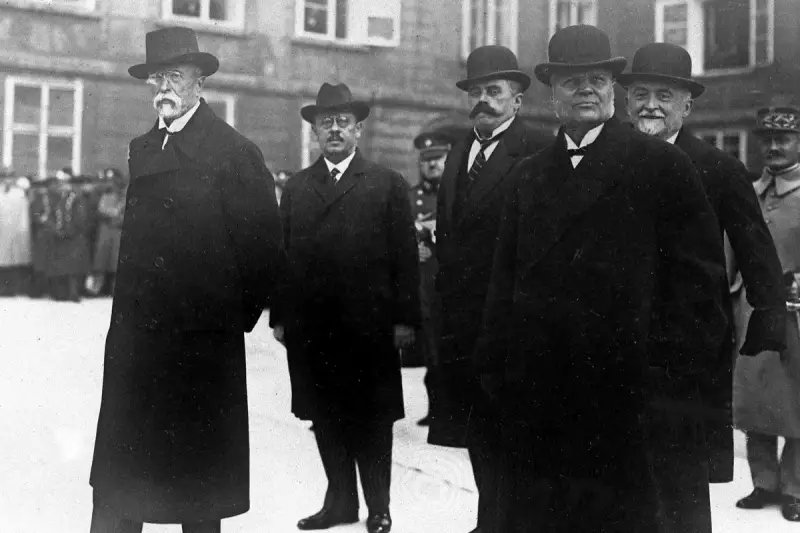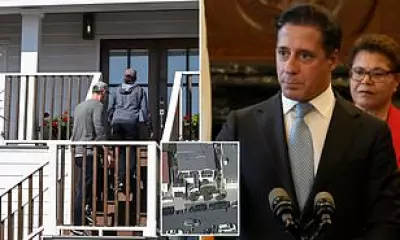
In a momentous ceremony bridging decades of history, Prague has finally welcomed a long-awaited tribute to its founding father. A majestic, seven-tonne bronze statue of Tomáš Garrigue Masaryk, the first president of Czechoslovakia, was unveiled this week on a granite plinth outside the city's iconic Hradčany Castle.
The installation marks the culmination of a project first envisioned in 1938, a dream deferred by the tumultuous events of the 20th century. The statue's journey to its rightful place is a story in itself, overcoming 86 years of political upheaval, war, and bureaucratic delay.
A Vision Deferred by War and Politics
The original plan for a grand monument to Masaryk was approved just before the Second World War, a time when his democratic ideals were under direct threat from the rising tide of Nazism. The project was inevitably shelved during the subsequent German occupation and remained dormant throughout the decades of Communist rule, which sought to erase Masaryk's legacy from public memory.
It wasn't until after the 1989 Velvet Revolution that the idea was resurrected. Even then, the path was not straightforward. The current statue is the result of a 2017 international sculpture competition, won by renowned academics Jan Řeřicha and David Moješčík.
A Symbol of Democracy and Resilience
The newly unveiled monument is a powerful symbol. Depicting Masaryk in a thoughtful, seated position, it captures the philosophical and steadfast nature of the leader who founded the Czechoslovak state in 1918. The statue's prominent placement overlooking Prague is a potent reaffirmation of the democratic values he championed.
The project was spearheaded by the non-profit Masaryk Monument Society and received significant financial backing from the city of Prague, the Ministry of Culture, and hundreds of public donors, demonstrating a nationwide commitment to honouring this pivotal figure.
For many Czechs, the unveiling is more than just the installation of a sculpture; it is the closing of a historical circle. It represents the final fulfilment of a pre-war promise and a powerful testament to the nation's enduring respect for the president-liberator who shaped its modern destiny.






